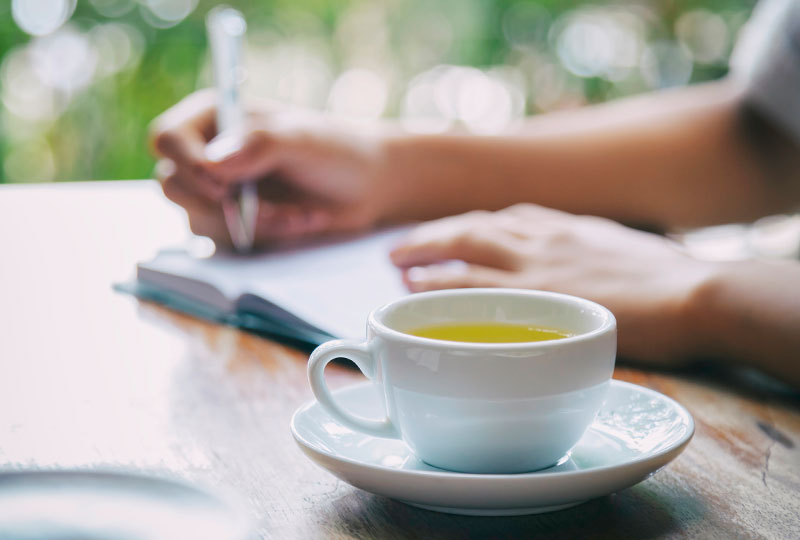A Vanderbilt expert shares tips and explains the benefits of this daily habit.
Practicing gratitude has been shown to help you sleep better, increase self-esteem levels and improve health.
Gratitude is simply acknowledging that we benefit from things outside ourselves, especially others’ kindnesses and contributions. The more we hold this attitude, the more we become skilled at it.
Some simple tips to practice daily:
Why is it important to practice thankfulness around the holidays?
The holidays can be stressful, and it’s important to face that. Some of us are wired to love all the activity, but for many people, it’s really a challenging season. It’s the darkest time of the year with the shortest, coldest days. There are more family expectations, financial stress and perhaps memories of loved ones who are not with us. On top of all that, many of us were taught we’re “supposed to feel thankful” but weren’t really helped enough with the how or why. Rather than feeling out of sync, just realize we may need to practice things like gratitude and joy until warmth and lighter days are upon us.
So if gratitude is not spontaneous, we can use holiday rituals to practice it. The life these rituals have in them is only the liveliness we bring to them. If you don’t like the rituals you grew up with, give yourself permission to find or create new ones. Practicing gratitude means choosing to focus on what we appreciate, rather than just being swept along by all the activity.
Is it important to practice gratitude the rest of the year?
Yes, absolutely! Our minds are “sticky” for negative things — we remember them sharply. This can be useful for avoiding danger, but we need to restore our focus on good things in order to enjoy life and be more productive. Ideally, we will practice gratitude throughout each day. Gratitude focuses our minds on positive things, creating a more positive mindset.
Do you have some tips for practicing gratitude daily?
This is just a quick list to get started, but don’t try to do all of it. Try one easy thing until it becomes a habit (i.e., program it into your smartphone). One new habit a month is plenty. If one gets boring, change it up. Keep things fresh.
- Write down three positive events that happened within the past 24 hours. Within a few weeks, this teaches your brain to scan the environment for positive things instead of its default setting, negative things.
- Write down one positive thing that happened within the last 24 hours in detail. As you write, notice your thoughts and feelings that go along with the event. This allows your brain to relive the event and enjoy it all over again.
- When something positive happens in your life, as soon as possible, take 20 to 30 seconds just to reflect on it and feel it. Notice where you feel it in your body. Negative things likely register in the brain in a fraction of a second, but positive things need to be held in your mind for about 30 seconds before the brain stops and says, “Hey, that’s real.”
- Compliment or thank people you work with, especially if they work for you.
- Pray for or send positive thoughts to people you see each day but will never meet; just hold some kind of positive intention for them. Even if it doesn’t change them, it will change you.
- Make the first email you write each day a thank you to to someone.
- If you’re really not grateful, don’t imagine there’s something wrong with you, but do realize that you need more support than you’re getting. If you don’t know what will help, seek support from others in your life, a faith leader or a professional counselor. You deserve to feel grateful to be alive each day.
Why should people practice gratitude?
Grateful people have a sense of well-being that surpasses what others feel. When difficulties come their way, they tend to be stronger. Their minds and bodies are more resilient. Not surprisingly, they also have better relationships.
Do you have any advice for people trying to make gratitude a habit?
If you feel like you want to be more grateful, it’s important to get past ideas about what you “should” be grateful for. Try to notice what you actually appreciate and enjoy in small ways. Let yourself be surprised, and consider sharing your gratitude with someone who helped or encouraged you. In all likelihood, you’ll find yourself more grateful in no time at all.

